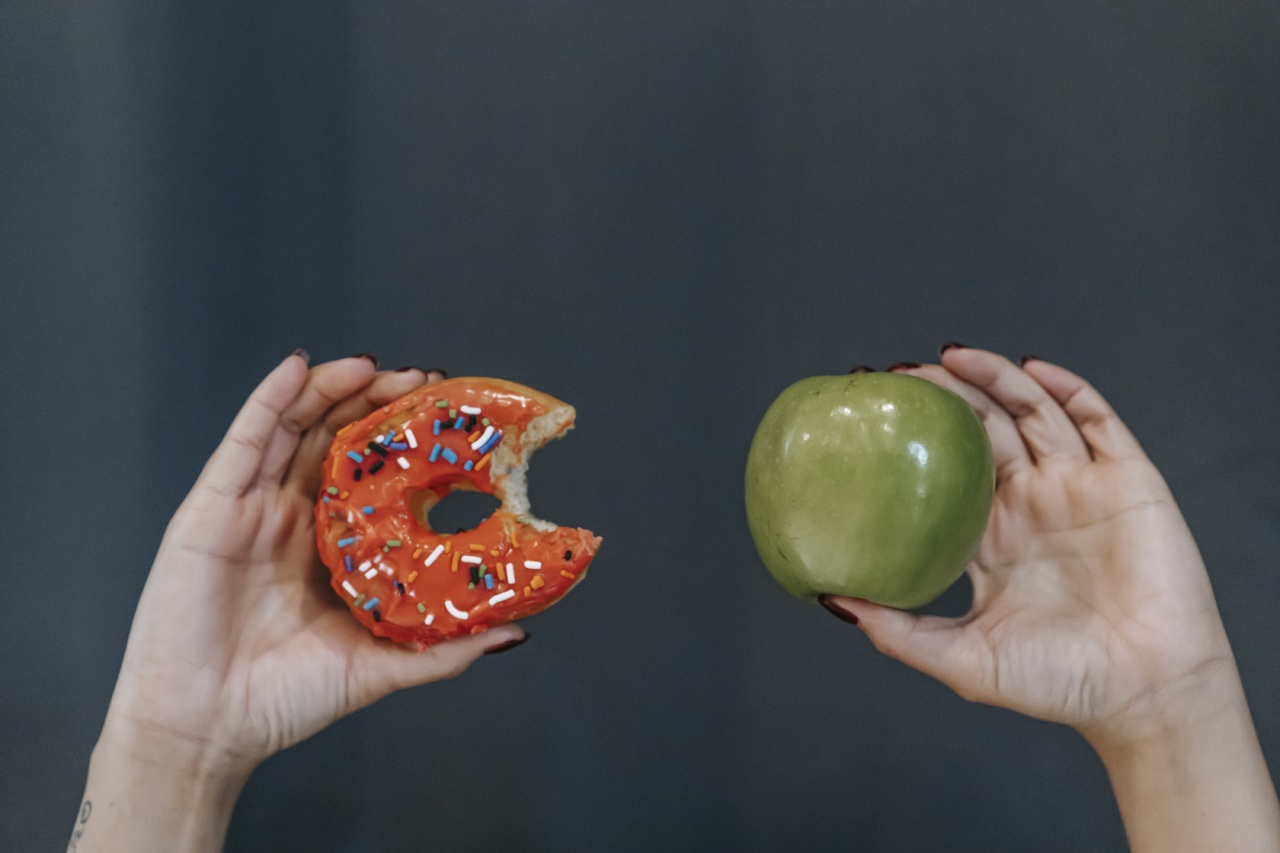In recent times, the phrase “zero calorie foods” has become quite popular among dieters. It refers to foods that contain very few calories, which are often touted as having the potential to aid weight loss.
However, the question remains: do zero calorie foods pose a risk for dieting?.
Zero calorie foods are typically fruits, vegetables, and beverages that contain very few calories.
The term “zero calorie” is not entirely accurate since these foods and drinks do have some calories, but they are so low in calories that the body burns more calories digesting them than they contain. They are also typically high in water and fiber, which help you feel fuller and more satisfied after eating.
The Pros of Zero Calorie Foods for Dieting
Zero calorie foods can have some beneficial effects for people trying to lose weight. Eating more fruits and vegetables is generally a good idea, as they are high in vitamins, minerals, and antioxidants that can help improve your overall health.
Since they are low in calories and high in water and fiber, they can help you feel full and satisfied without consuming too many calories.
Additionally, many zero calorie drinks, such as water and unsweetened tea and coffee, can help you stay hydrated and may have other health benefits.
For example, green tea has been shown to help boost metabolism, reduce inflammation, and improve brain function.
The Potential Risks of Zero Calorie Foods for Dieting
While zero calorie foods can be helpful for weight loss, they can also pose some potential risks.
1. Nutrient Deficiencies
Zero calorie foods are typically low in calories because they are also low in macronutrients like protein, fat, and carbohydrates.
While it’s possible to get all the nutrients your body needs from a diet rich in fruits and vegetables, it can be challenging to consume enough protein and healthy fats, which are essential for building and repairing tissues, producing hormones, and maintaining proper bodily functions.
2. Overconsumption
One of the potential dangers of zero-calorie foods is that they can still be overeaten. Fruits and vegetables are very healthy, but consuming excessive amounts of them can still lead to weight gain.
Additionally, some zero-calorie drinks like diet soda and artificial sweeteners have been shown to increase appetite and lead to overconsumption of other foods and drinks.
3. Artificial Ingredients
Many zero-calorie foods and drinks contain artificial ingredients, such as sweeteners, flavorings, and preservatives.
While the FDA has approved many artificial sweeteners as safe for consumption, some people may still have adverse reactions to them, such as headaches, digestive issues, and allergic reactions. Additionally, some studies have suggested that long-term consumption of artificial sweeteners may have negative health effects, such as an increased risk of metabolic disorders, cancer, and neurological issues.
4. Unrealistic Expectations
Finally, one of the potential risks of zero-calorie foods is that they may promote unrealistic expectations about weight loss.
While incorporating more fruits and vegetables into your diet can be helpful for weight loss, it’s unlikely that they will lead to significant weight loss on their own. Successful weight loss requires a combination of healthy eating habits, regular exercise, and other lifestyle factors, such as adequate sleep and stress management.
The Bottom Line
Zero calorie foods can be a helpful tool for weight loss, but they do pose some potential risks. It’s important to consume a balanced and varied diet that includes healthy fats, protein, and carbohydrates, as well as fruits and vegetables.
Additionally, it’s essential to maintain a healthy lifestyle that includes regular exercise, adequate sleep, and stress management.




























